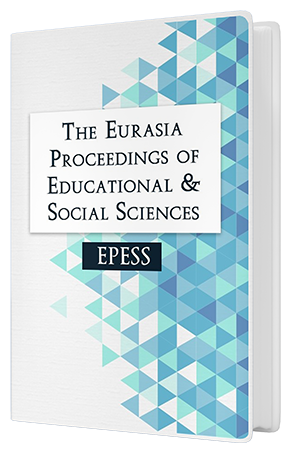IMPACT OF A CONSTRUCTIVIST APPROACH TO LEARNING ON HIGH ACHIEVING STUDENTS’ COMPREHENSION OF ELECTROCHEMISTRY CONCEPTS
Keywords:
Collaboration, electrochemistry, high achieving schools, social constructivism, traditional teaching methodAbstract
This paper is part of a larger study to investigate ‘The impact of a constructivist approach to learning on physical sciences students’ comprehension of electrochemistry concepts’ in the Ximhungwe circuit of the Bohlabela district in the Mpumalanga province of South Africa. The study explored the impact of using a constructivist type of teaching intervention – collaboration combined with conceptual change texts, otherwise called conceptual change teaching strategy (CCTS) on students in high achieving schools (HAS) in their comprehension of electrochemistry concepts. The study utilized non-equivalent pretest and posttest control group quasi-experimental research design. The theoretical framework for this study was based on Vygotsky’s social constructivism theory, which he defines as a sociological theory of knowledge that applies the general philosophy of constructivism into social settings. A sample of 51 12th grade physical sciences students from two high achieving public schools in the circuit was randomly selected using a table of random numbers to participate in the study. Students were given electrochemistry concept test (ECT) Chemistry Classroom Environment Questionnaire (CCEQ) as pretest and posttest. One-way between group analysis of covariance (ANCOVA) and post hoc analysis with a Bonferroni adjustment conducted on ECT showed that students taught with the CCTS had significantly better acquisition of scientific conceptions related to electrochemistry than students taught with the traditional teaching method (TTM). Pearson Product-Moment Correlation also revealed that there was significant relationship between achievement and students’ perception of their chemistry classroom environment. The study provides statistical evidence on the importance of meaningful learning combined with social process to improve students’ understanding of electrochemistry.Downloads
Published
Issue
Section
License
Copyright (c) 2016 The Eurasia Proceedings of Educational and Social Sciences

This work is licensed under a Creative Commons Attribution-NonCommercial-ShareAlike 4.0 International License.
The articles may be used for research, teaching, and private study purposes. Any substantial or systematic reproduction, redistribution, reselling, loan, sub-licensing, systematic supply, or distribution in any form to anyone is expressly forbidden. Authors alone are responsible for the contents of their articles. The journal owns the copyright of the articles. The publisher shall not be liable for any loss, actions, claims, proceedings, demand, or costs or damages whatsoever or howsoever caused arising directly or indirectly in connection with or arising out of the use of the research material. All authors are requested to disclose any actual or potential conflict of interest including any financial, personal or other relationships with other people or organizations regarding the submitted work.




